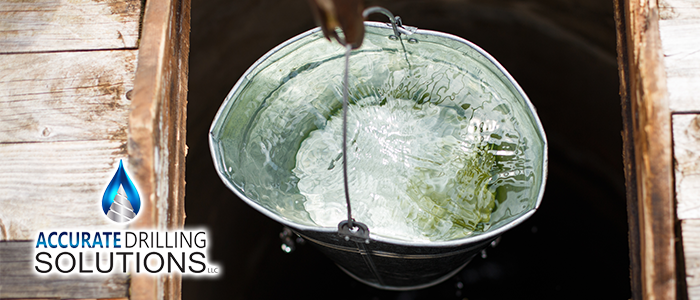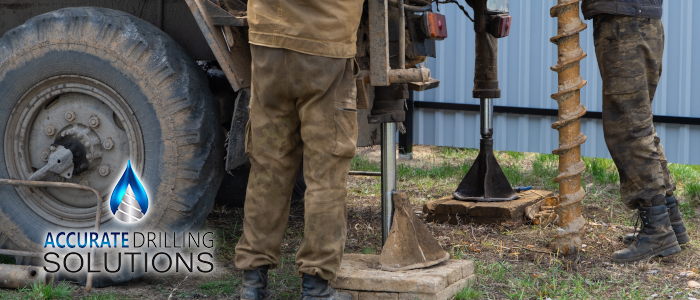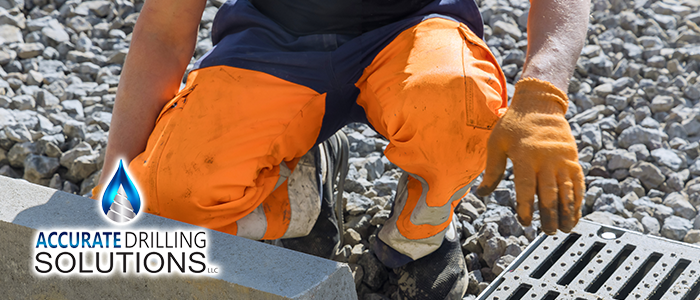
Why Should I Test My Well Water
Having a well water system is a fantastic investment. Some people wonder about the work involved and if it’s worth the money and effort. Providing your family with the cleanest, freshest water possible is a no-brainer for some people. Record keeping is most of the maintenance you’ll have to perform on a properly installed well. Keeping track of how long the well runs, its pressure, and other simple statistics can help you in the long run. So, why should you test your well water?
You should be sure to keep one record in your well’s testing history. Without regular testing of your well, even the best equipment can’t guarantee safe water. Even if your well quality seems good, something may be off. Not every contaminant changes your water’s color, taste, or smell.
As a private well owner, it’s your responsibility to manage and maintain the health and safety of your well water. In this article, we’ll talk briefly about when and why to test your well.
Why Do I Have to Test My Water?
When many imagine a well, they picture a pipe drilled down into a natural water reservoir. There is a perception that well water is “closed off” and unchanging. The truth is that the water comes from an aquifer, which draws its water from the water table at large.
When it rains, the aquifer is “recharged” – Water moves from higher to lower elevation. Even when it isn’t raining, the water is moving. This water movement can bring new minerals, chemicals, and even bacteria into your well that weren’t there before. Your water quality can change quickly from one week to the next, especially after heavy rains. To stay safe, you have to test your well water.
When to Test Your System
When people say to test your well, usually that testing it annually regularly; some wells in specific locations may need more frequent testing, though. Some events demand early testing.
If your neighbors or people in your area are having well water troubles, you should check your well, too. This is especially true if the problems are uphill from you, as bad news for wells tends to travel downhill.
Other situations demand a water test. If you notice a change in the water’s taste, texture, color, or smell, it’s time to test the water. Even if you run your tap for a while and it clears out, there’s a chance the rest of the water may be exposed to contaminants.
The weather can present a demand for testing, too. Heavy rains can demand testing, especially if the water goes above your well cap. When water gets this high, you can’t be sure the water hasn’t gotten into your well and brought sediment, bacteria, and potentially more. Always test your water if the well cap has been submerged. You should also test your well more often if you use your property for things like a cesspit or hazardous materials storage.
The answer boils down to being aware of your situation. You can learn more about testing and maintaining your well on our website. The extra work is worth having the cleanest, safest water available. Call Accurate DrillingAccurate Drilling a call today if you have questions about testing your well.
continue reading
Related Posts
Water Wells: The Hidden Gem for Fire Protection Do you
Drilling Down on Well Drilling: FAQs and Answers Are you
The Role of Water Wells in Sustainable Living Sustainable living







